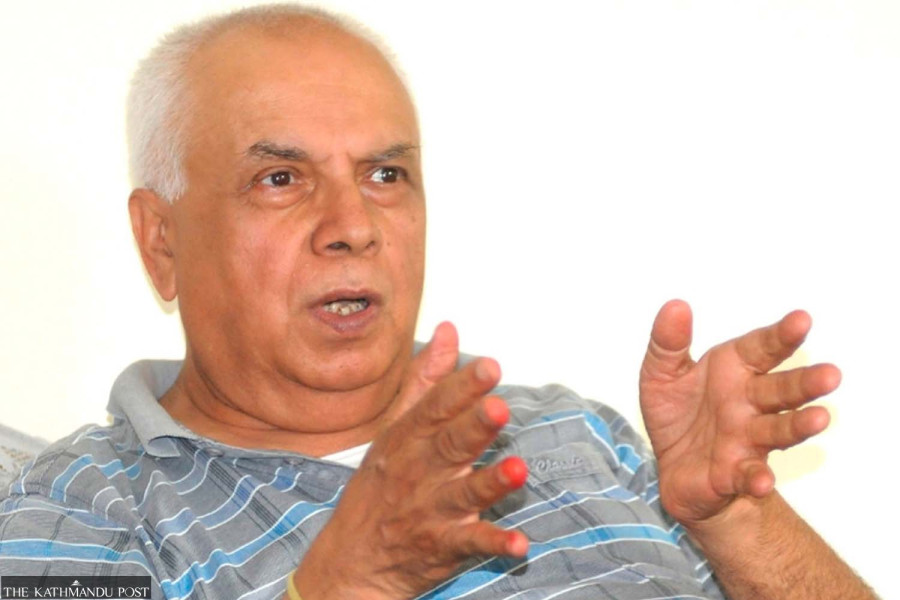National
Bhattarai’s resignation prolongs the governor appointment saga
Delay in committee meetings and legal challenges fuel controversy over top central bank post.
Post Report
The appointment process of the new central bank governor has been thrown into uncertainty in light of mounting legal, political, and institutional hurdles.
In the latest twist in the appointment saga, a member of the committee tasked with recommending the next governor of Nepal Rastra Bank resigned on Tuesday, deepening the crisis over the appointment process that has stalled for around a month.
Former governor Bijaya Nath Bhattarai, who was nominated to the committee formed by the Cabinet on March 24 under Deputy Prime Minister and Finance Minister Bishnu Paudel’s leadership, said he quit as the committee had failed to hold even a single meeting.
“There is no point in staying on a committee that has not been taken seriously. I’ve informed the coordinator, Finance Minister Paudel, via WhatsApp and will soon send a written resignation to the ministry,” said Bhattarai.
The committee, formed ahead of outgoing governor Maha Prasad Adhikari’s term that ended on April 4, also includes economist Bishwo Paudel as an expert member. However, despite the legal provision that a new governor should be appointed at least a month before the incumbent retires, the committee has remained inactive.
In the absence of a permanent governor, Finance Minister Paudel has appointed Deputy Governor Nilam Dhungana Timilsina as acting governor.
Meanwhile, the appointment process has taken a legal turn. On Friday, advocates Bishal Thapa and Prativa Uprety filed a supplementary writ petition at the Supreme Court seeking to bar the potential appointment of Gunakar Bhatta, a former executive director of the central bank, to the governor’s post.
Bhatta, who resigned on Friday, has emerged as a leading contender, with reports suggesting that the ruling parties—Nepali Congress and CPN-UML—have agreed on his name.
The petitioners claim that Bhatta does not meet the legal criteria outlined in Section 15 of the Nepal Rastra Bank Act, which requires the recommendation of individuals recognised as experts in economics, banking, finance, or commercial law, or serving as deputy governors.
They argue that Bhatta, who was still serving as an executive director, cannot be directly appointed as governor.
The petition names the Cabinet, the Office of the Prime Minister and Council of Ministers, Prime Minister KP Sharma Oli, Nepali Congress President Sher Bahadur Deuba, the Ministry of Finance, the recommendation committee, Nepal Rastra Bank, and Bhatta as defendants.
The petition also criticises the government for politicising the appointment process and undermining good governance. It cites a previous case where former executive director Yuba Raj Khatiwada’s appointment was blocked due to similar legal constraints, leading to the appointment of Bhattarai as the 13th governor instead. Khatiwada later became the 15th governor only after fulfilling the necessary criteria.
Additionally, due to the Supreme Court’s April 15 interim order barring enforcement of revised age limits, other potential candidates such as Rabindra Pandey and former Chief Secretary Rajendra Kishore Khatri have been disqualified.




 15.12°C Kathmandu
15.12°C Kathmandu














